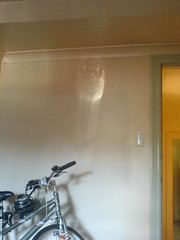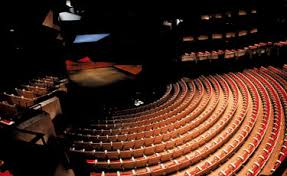This gladness business is getting me down, well Friday was. Friday was a hard day to be glad...I really struggled to reflect on something from the day that made me glad. But I hope I've made up for it over the next few. Well let's not talk about Monday either at this point. Ok, so here's just some ramblings.
FRIDAY
I'm going to need to think.
Glad moment: My game, my rules, I'm not skipping today, I'm just passing for now.
EDITED - ok I'm back and I've got something. This made me laugh on Thursday night (and continued when I shared it with [I hope] a like-minded soul on Friday...Tour de France you are so close, I can't wait!
Having trouble deciding who to support at the Tour de France? Cycling Weekly has this handy guide.
SATURDAY
This is going to sound really odd, but I saw my favourite shoppers today, my 'Maltese Falcons' as I call them (apologies to Dashiell Hammett). Ok, stay with me while I explain. I am a creature of habit really and I love to grocery shop early on Saturday mornings. Less crowds, better parking, a reason to get out of bed and get to the growers markets early, all day stretching before you (and all of Saturday to cook!). In my years of shopping for groceries on Saturday mornings you start to notice the same people. It's like commuting, there's always the people you notice who do the same thing as you at the same time.
For me, there's the guy who puts the fruit out at Harris Farm markets (thanks for the tip on the ruby red navel oranges this week!) to the lady at Bi-Lo check out and then there is the shoppers themselves. Three of my favourites are a father and his two young sons. I don't see them all the time, but often enough they are there. He is tall, lanky and so very Irish with dark hair and killer blue eyes. I usually hear him before I see him, or should I say I hear them. The boys are I'm guessing around 7 and 4 and they are dark, Mediterranean looking (somehow I thought Maltese and it just stuck, how the falcon part crept in who knows, but stay with me). The boys are a delight, glorious in only the way that all little boys are rat bags really. Now they do tear about the shop a little but really Bi-Lo if you paint white and blue squares the length of the shop, any small child is likely see it as the ultimate hopscotch game. However, they are polite and a short sharp (though kind) remonstrance from dad usually brings them into line. Sweet and always smiling...they make me smile. I really want to play hopscotch too!
Glad moment: the future is not all bleak. Polite, well socialised and happy children do exist.
SUNDAY
Image: Anne Ferran
Earlier in the week, The Sagacious Friend and I were standing in a nondescript hallway and I turned around to see an Anne Ferran work on the wall. Anne Ferran is an artist I did a project on during my years studying Art History, she is an amazing Australian photographer and some of her work that resonated most with me was her images of movable cultural heritage objects from the Historic Houses collections that are both haunting and beautiful. It's been so long I don't even really remember what the I wrote about in my paper, all I can really remember is a trip to SCA to view an exhibition and an enjoyable research and discovery period. Perhaps it was this that sparked my interested in Australian colonial photography?
Anyhow...a fleeting moment in a hallway earlier this week, was recalled by a haunting image on my wall as the sun played with specs of dust on my window. I don't think Anne Ferran is in any danger, but reflected and refracted light is fun.
Glad moment: small things, small minds? A blast from the past?
MONDAY
I'm not going to be cynical. I'm not going to be cynical. Come on repeat it with me!
I am only going to say I am glad Australia has two more games to play in our group in the World Cup.
Glad moment: we all get another chance.












